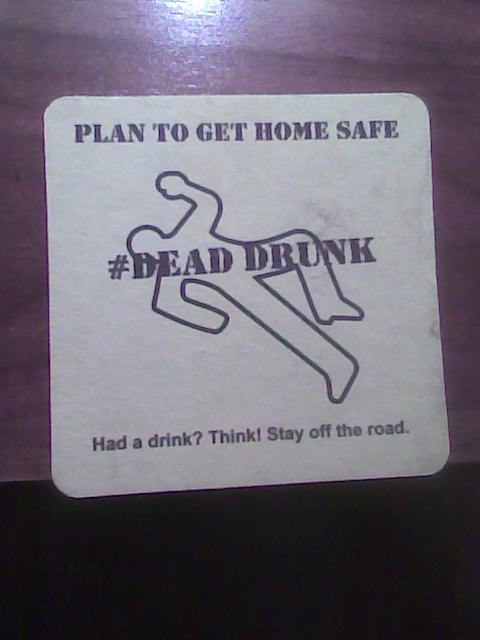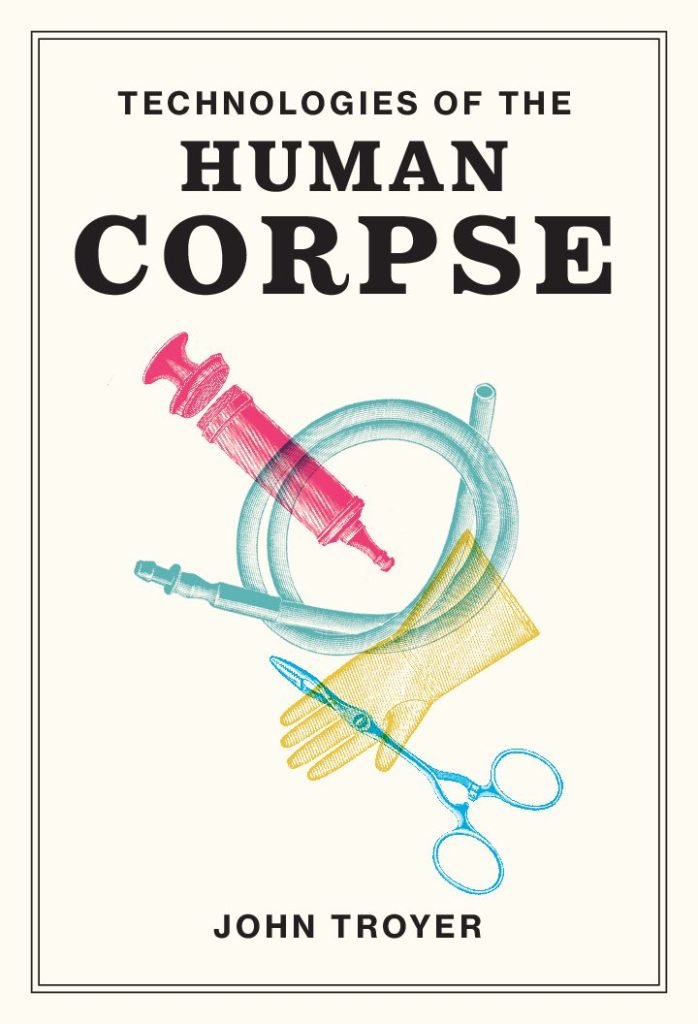
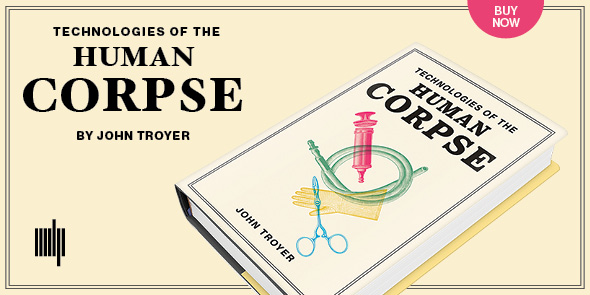
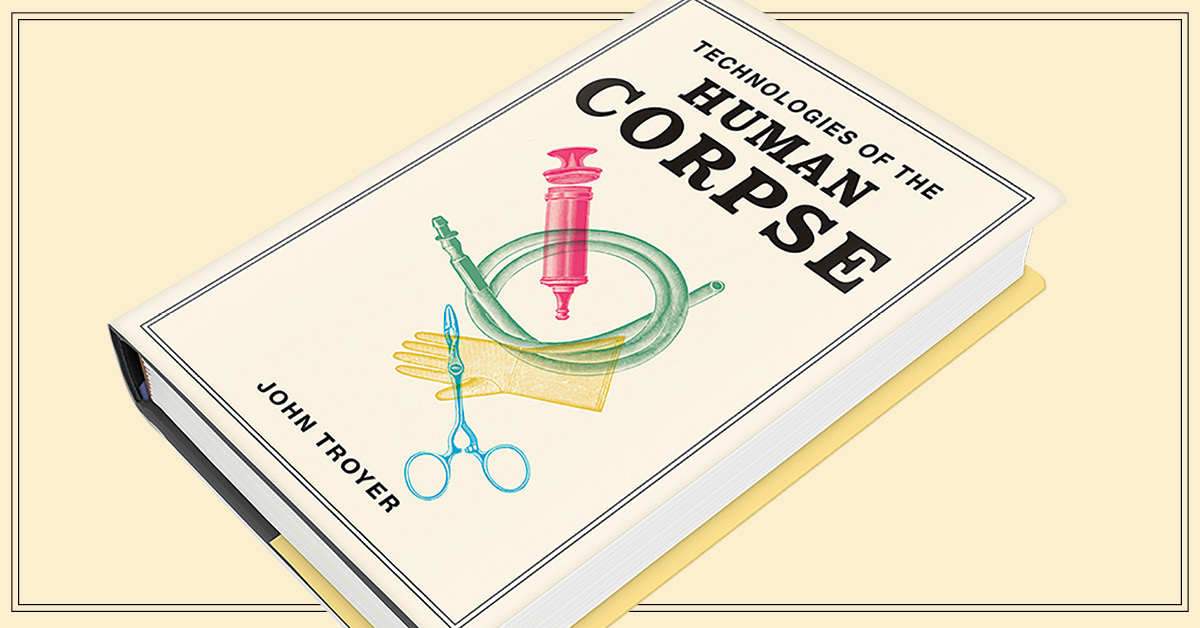


And lo, the horseman stepped forward and I said “I am Death.”
More to come…
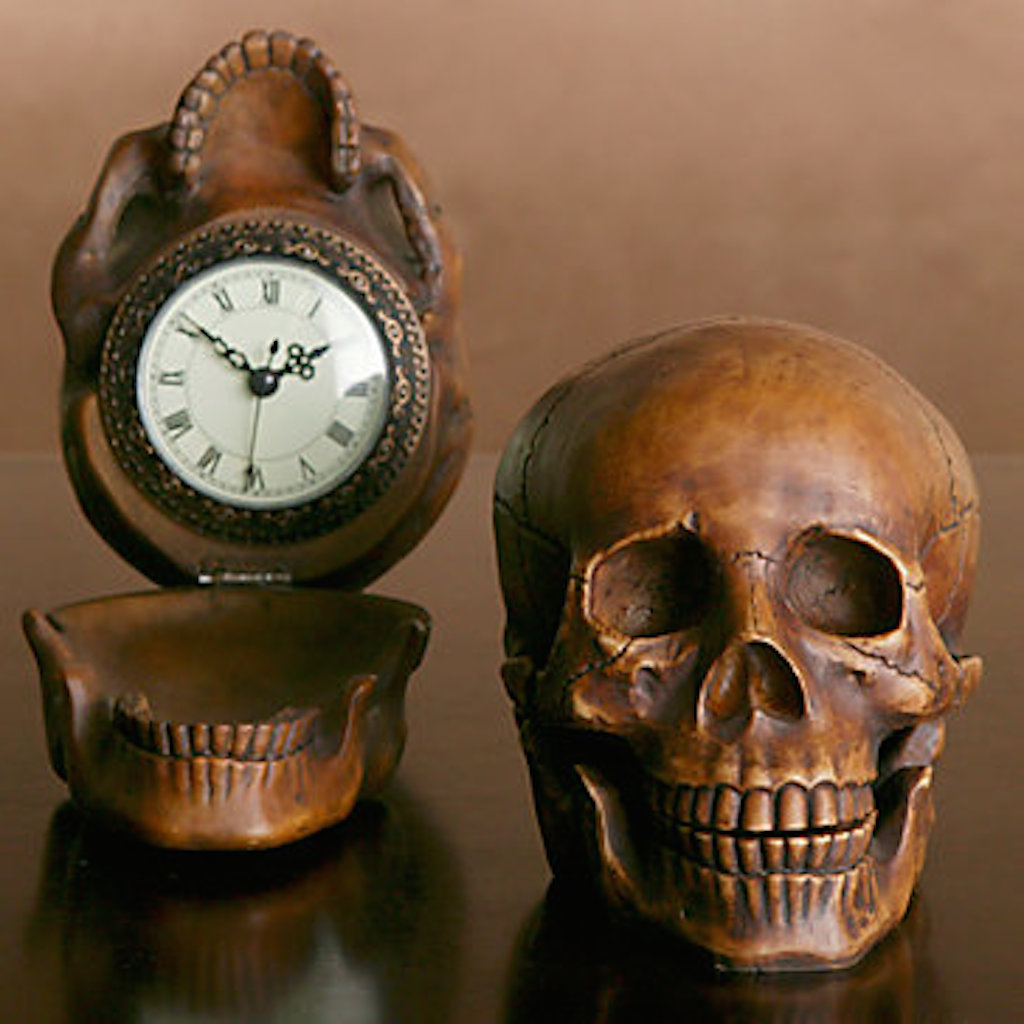
2016 will very likely be remembered as the year of the Dead Celebrity. Prince was certainly a tough death for Death Ref.
And yet, a plethora of other articles and radio programmes on diverse death topics also appeared in 2016. This is not to belittle everything written about Dead Celebrities, but we here at the Death Reference Desk want to highlight some of the year’s most compelling pieces on non-celebrity death, dying, and dead bodies.
Death Ref started running a year end feature last year. As with the 2015 list, many of the 2016 pieces came from the New York Times, which continues to produce really good essays and articles on human mortality.
Collecting the 2016 material was a bit more systematic than last year. Throughout 2016 articles were placed in a folder that was then reviewed. By today, December 31, 2016, there were over forty different items in that folder.
What follows below is a sampling of those essays, articles, and radio stories.
It was good to see so many articles in 2016 about the legacy of AIDS and the political movements that formed around the Epidemic in the 1980s and 1990s. A couple of pieces towards the bottom of the 2016 list highlighted this forgotten, but crucial history. Death Ref also recommends that everyone signs-up for the BBC Radio 4 We Need To Talk About Death podcast. The shows started at the end of 2016 and will continue into 2017. Finally, we were saddened to learn that our good friends at the Morbid Anatomy Museum closed its doors in December. Death Ref John was the MAM’s Scholar in Residence in 2014 and you can read his essay about the Morbid Anatomy Museum here.
As with last year, that’s it for 2016. The Death Reference Desk (Meg, Kim, and John) all look forward to 2017 and what will most certainly be an unpredictable year for death.
For Martin Luther King’s Birthday, Black Leaders as Obituaries Portrayed Them
by Sam Roberts, New York Times (January 18, 2016)
To commemorate the birthday of the Rev. Dr. Martin Luther King Jr. — he would have been 87 — in advance of Black History Month in February, The New York Times culled its historical obituary files for a retrospective on how he and other prominent black Americans were regarded at their deaths.
Death Predicts if People Vote for Donald Trump
by Jeff Guo, Washington Post (March 04, 2016)
It seems that Donald Trump performed the best in places where middle-aged whites are dying the fastest.
Why Slaves’ Graves Matter
by Sandra Arnold, New York Times (April 02, 2016)
Those who lived through slavery were human beings, not abstractions.
When Your Mother’s Death Is Kept Secret From You
by Alexa Tsoulis-Reay, Science of Us (May 25, 2016)
The reverberating effects of hiding the truth.
Alton Sterling and When Black Lives Stop Mattering
by Roxanne Gay, New York Times (July 06, 2016)
Tiny cameras allow us to bear witness to injustice. What does that change?
Solving All the Wrong Problems
by Allison Arieff, New York Times (July 09, 2016)
Do we really need an app that lets us brew our coffee from anywhere?
‘Transfesto’ Launches to Tackle Transgender Discrimination After Death
by Jenny Marc, The Independent (June 30, 2016)
In 2016 researchers and activists in London released a ‘transfesto’, calling for greater awareness of issues faced by transgender, non-binary and gender nonconforming people after they die. The manifesto calls on the funeral industry to develop more trans-friendly practices and for official death-related paperwork to be more trans-inclusive. It also outlines plans to make trans-specific legal information more easily accessible.
THIRD human foot found in Bath, England
by Amanda Cameron, Bath Chronicle (August 05, 2016)
Another human foot has been discovered in Bath….(NB: Death Ref John lives in Bath and can’t get enough of these severed feet stories)
10 of the World’s Most Iconic Cemeteries, Mausoleums, and Crematoriums
by Demie Kim, Artsy (August 09, 2016)
Though we may think of cemeteries as transporting us to the past to remember and honor our loved ones, they have historically been spaces of innovation and reinvention in art, architecture, and design.
Death & The Maidens: Why Women are Working with Death
by Sarah Troop, Death and the Maiden (August 15, 2016)
Death & the Maiden’s co-founder, Sarah Troop, delves into the reasons underlying the current interest many women seem to have with death, and the rise of the Death Positive movement.
Playing God
by Radiolab (August 21, 2016)
When people are dying and you can only save some, how do you choose? Maybe you save the youngest. Or the sickest. Maybe you even just put all the names in a hat and pick at random. Would your answer change if a sick person was standing right in front of you?
On Assisted Suicide, Going Beyond ‘Do No Harm’
by Dr. Haider Javed Warraich, New York Times (November 04, 2016)
Fewer people experience a “natural death” anymore. Doctors should rethink their opposition to right-to-die laws.
LGBTQ Activist Cleve Jones: ‘I’m Well Aware How Fragile Life Is’
Terry Gross radio interview on Fresh Air (November 29, 2016)
Jones became an activist after Harvey Milk’s assassination, and he lost countless friends to the AIDS epidemic. He says, “There are some days when it is so painful that I really can barely function.”
The Reinvention of Radical Protest: Life on the Frontline of the AIDS Epidemic
by David France, The Guardian Long Read (November 29, 2016)
As reports of a mysterious plague swept through the gay community in the 1980s, activists developed shock tactics to get the support they desperately needed.
America Is Failing the Bad-Break Test and People Are Dying
by Jesse Singal, Science of Us (December 09, 2016)
The United States likes to view itself as a singular force of prosperity and opportunity, but by many public-health metrics — including infant mortality and preventable deaths and a variety of others — it doesn’t look like a top-tier world power.
The Rooms they Left Behind
by Mitch Epstein, New York Times Magazine (December 21, 2016)
After the deaths of these 10 notable people, The New York Times photographed their private spaces — as they left them.
We Need to Talk About Death
with Joan Bakewell, BBC Radio 4 (Ongoing Series started in December 2016 — download the Podcasts)
Joan Bakewell and her panel discuss death and dying, exploring the choices open to us and confronting the questions we fear the most.
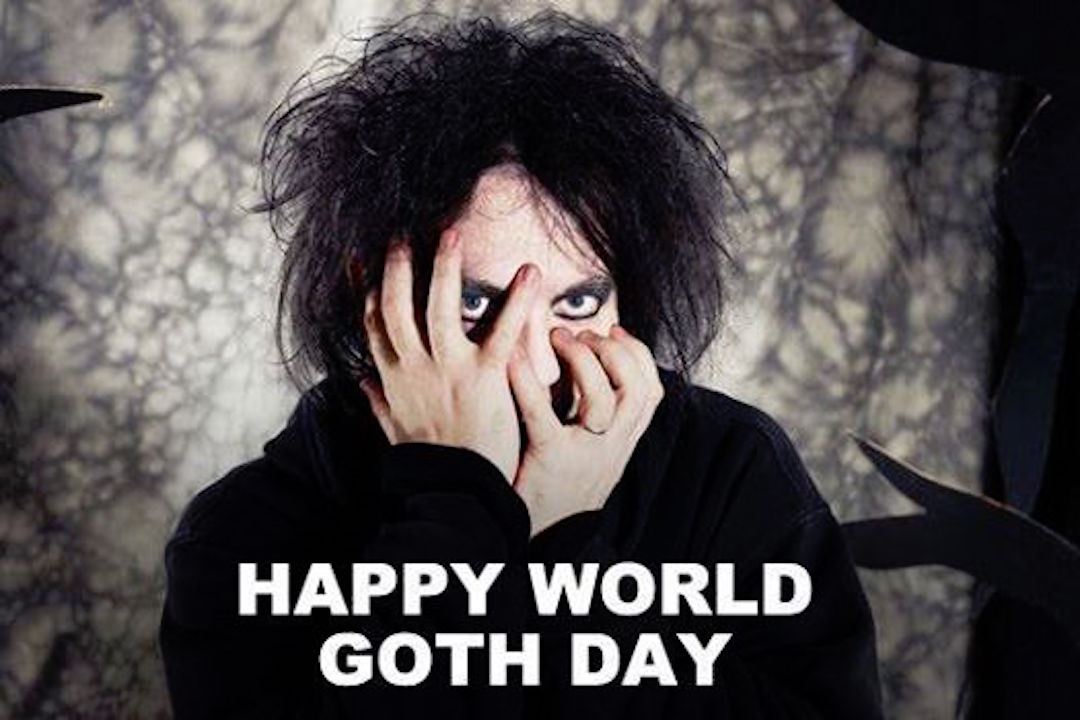
It’s World Goth Day!
So dark so dark inside…..
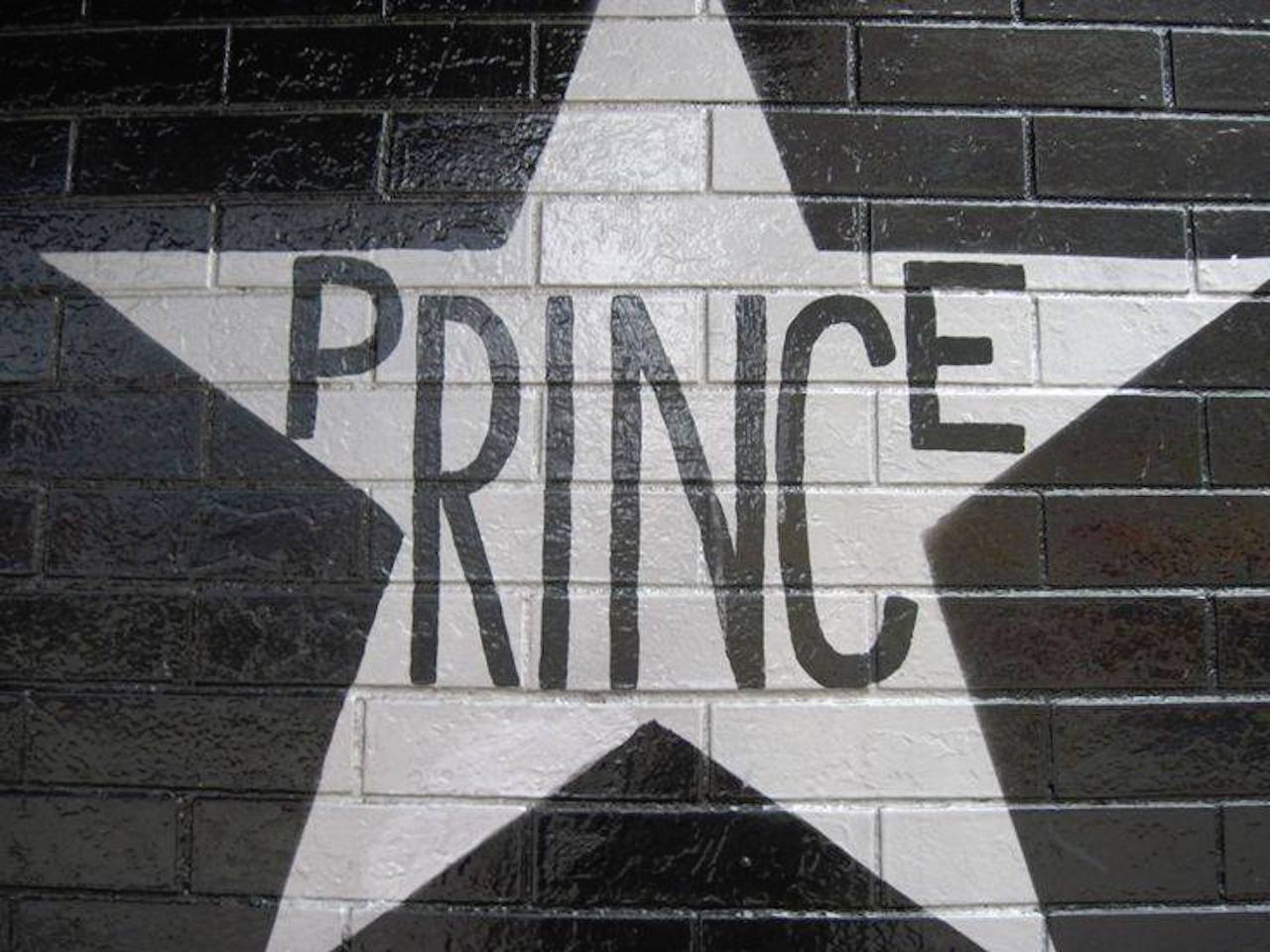
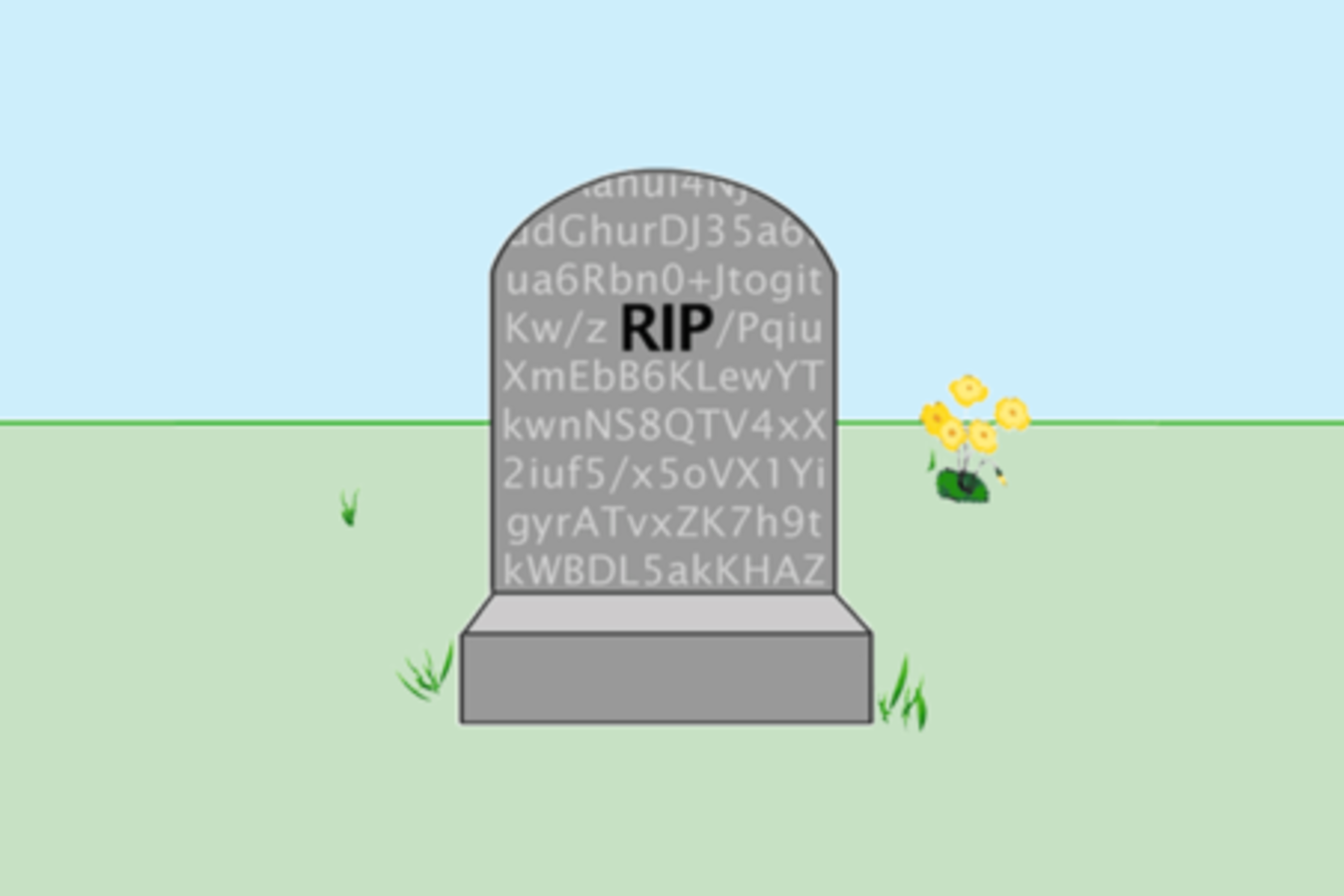
Everybody Dies: What Is Your Digital Legacy?
SxSW 2016 Panel with Alethea Lange, Dr. John Troyer (from Death Ref!), Megan Yip, and Vanessa Callison-Burch
Friday, March 11, 2016 @ 5pm
Austin Convention Center
Room 8ABC
Death Ref John will be at the South-by-Southwest 2016 Interactive conference on Friday, March 11 to discuss digital technology and legacy issues. He’s speaking with a really dynamic group, all of whom represent different angles on the Death and Digital Technology world:
Alethea Lange (@AletheaLange)
Policy Analyst, Center for Democracy & Technology
Megan Yip (@MeganYip)
Lawyer, Law Office of Megan Yip
Vanessa Callison-Burch (@vcb)
Product Manager for Memorialisation, Facebook
And here’s what they will all be discussing:
“In this world nothing can be said to be certain, except death and taxes.” Ben Franklin’s quote has survived because he was a famous man in his time. But haven’t you said some clever things in your time? Maybe even Tweeted them? Technology has democratized history–no longer are only the lives of the rich and famous carefully preserved, now most of us have exhaustive records of our lives in our emails, chats, social media posts, and digital photos. States across the country are updating their estate laws to reflect this new reality, but the right answers aren’t obvious. Should your emails be passed along? Should your online presence die with you? How do you want to be remembered?
You can send the panel questions by using this hashtag: #techlegacy
Death and the Internet. It’s kind of a big deal.
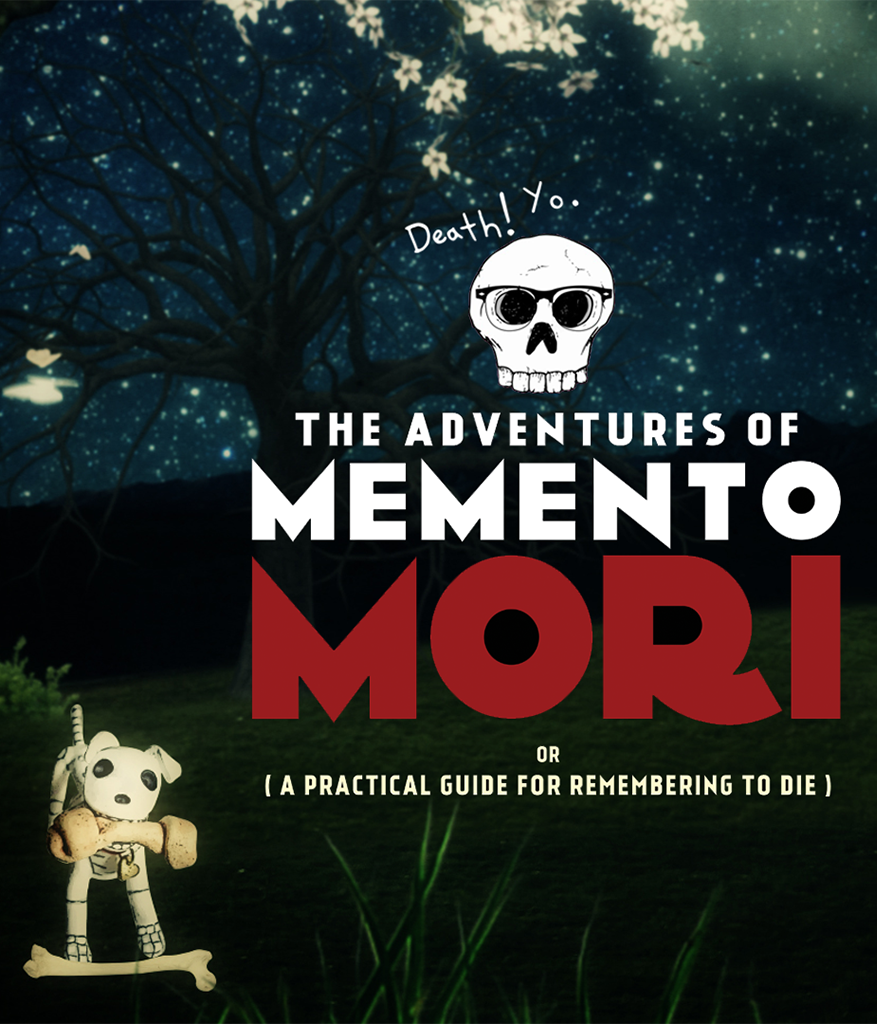
Meg, here. There’re some new death kids on the block, and they aaiight. The Adventures of Momento Mori launched about a month ago at the deliciously named remembertodie.com (why didn’t I think of that? why?!). The videos at their YouTube channel Yo! Mori take a listicle approach—short, shocking, wacky bits of death-related trivia aimed at short attention spans that constantly need their minds blown.
The real meat—or the promise of meat, or Quorn for us vegetarians—is in the podcast. Here’s their blurb:
The Adventures of Memento Mori or, (A Practical Guide for Remembering to Die) is a bi-weekly, 30-minute podcast exploring death. Satirical and philosophical, the show follows host, D.S. Moss, as he attempts to reconcile his own impermanence. The show aims to change how people think about mortality. Moss challenges listeners to welcome death as part of life’s cycle, thereby compelling them to live more meaningful lives (himself included).
It’s a young podcast and it shows, with some super echo-y interviews that undoubtedly cause endless heartache and will never happen again. Episode 2: Communicating with the Dead left me bemused to listen in on spooky stories and a modern séance then be served the tidy conclusion that “it was all a subjective experience made meaningful in our brains,” seeking patterns and profundity because we’re monkeys like that. Don’t get me wrong—I don’t want woo served without science—but it sounds like they want it both ways, and you can’t have it both ways, at least so says derisive adult me. Twelve-year-old me squees because GHOSTS!
Whether this is them refining their voice or me being a total grump, the podcast clearly has producing and editing chops and, frankly, it’s fun. Transhumanist presidential candidate Zoltan Istvan is interviewed in episode 3 from inside his 40-foot coffin bus. Episode 1 gives us a template for straight-forward, no-nonsense, gitterdone conversations about end-of-life planning (pro tip: frame the executorship of your will as an honor, not a burden).
Suffice it to say, The Adventures of Momento Mori is now favorited in my Stitcher, and you can get it from iTunes, SoundCloud or streamed directly from their site. It’s a decent one I reckon will become damn great.
Plus, that hipster nerd skull! Duuuuuuuude.

2015 was a good year for death. Without much hesitation writers and editors both agreed that death topics sold copy/generated clicks so the stories kept coming all year long.
I compiled a short(ish) list of what I consider to be the most memorable critical reflections on death during 2015. It is a mix of essays, radio stories, and videos.
I created this list by asking myself what things I watched/listened to/read that really stood out in my memory. Each of these essays is worth reading. You should also listen to the This American Life radio story and watch the UK Commons debate on Assisted Dying.
It’s a bit New York Times heavy, but then I think that the Old Gray Lady really deserves credit for publishing some of the year’s best essays on death and dying. Indeed, I think everyone should be reading the NYT’s ongoing essay series on the end-of-life simply called The End.
One final 2015 highlight. In October 2015, the Bristol Museum in Bristol, England opened a remarkable and quite beautiful exhibition called Death: The Human Experience. [Full Disclosure: I was an Advisor on the exhibition] The show runs through March 13, 2016 and is FREE. I highly recommend checking it out.
That’s it for 2015. The Death Reference Desk (Meg, Kim, and John) all look forward to keeping things real and deathy in 2016.
‘The Condition of Black Life Is One of Mourning’
by Claudia Rankine, New York Times (June 22, 2015)
The murder of three men and six women at a church in Charleston is a national tragedy, but in America, the killing of black people is an unending spectacle.
Getting Grief Right
by Patrick O’Malley, New York Times (January 10, 2015)
Don’t believe what you hear about closure and ‘stages’ of mourning.
New York Times Starts New Series on Death and Dying: The End.
The Death Reference Desk (February 1, 2015)
This American Life Episode 557: Act III About that Farm Upstate
Jonathan Goldstein (MAY 15, 2015)
While it’s hard to explain to kids how babies come into the world, it might be harder to explain that people leave the world too — especially to a kid whose mom or dad or brother or sister has died. There are grief counseling centers all over the U.S. that cater specifically to children. Reporter Jonathan Goldstein visited one in Salt Lake City, The Sharing Place.
Bereavement Can Overwhelm a Student – and Support is Sparse
Louisa Ackerman, The Guardian (March 05, 2015)
Nothing can prepare you for the shock of losing someone you love. But universities ought to know how to take care of a grief-stricken student.
UK House of Commons Debate on Assisted Dying Bill
Video of Commons Debate (September 11, 2015)
The Bill seeks to enable competent adults who are terminally ill to choose to be provided with medically supervised assistance to end their own life. [Note: Click on ‘Watch Parliament TV: Assisted Dying (No. 2) Bill’ to watch the Debate].
Why ‘Natural’ Doesn’t Mean Anything Anymore
Michael Pollan, New York Times (May 03, 2015)
Whether we’re talking about food, politics or morality, we can’t agree on a definition.
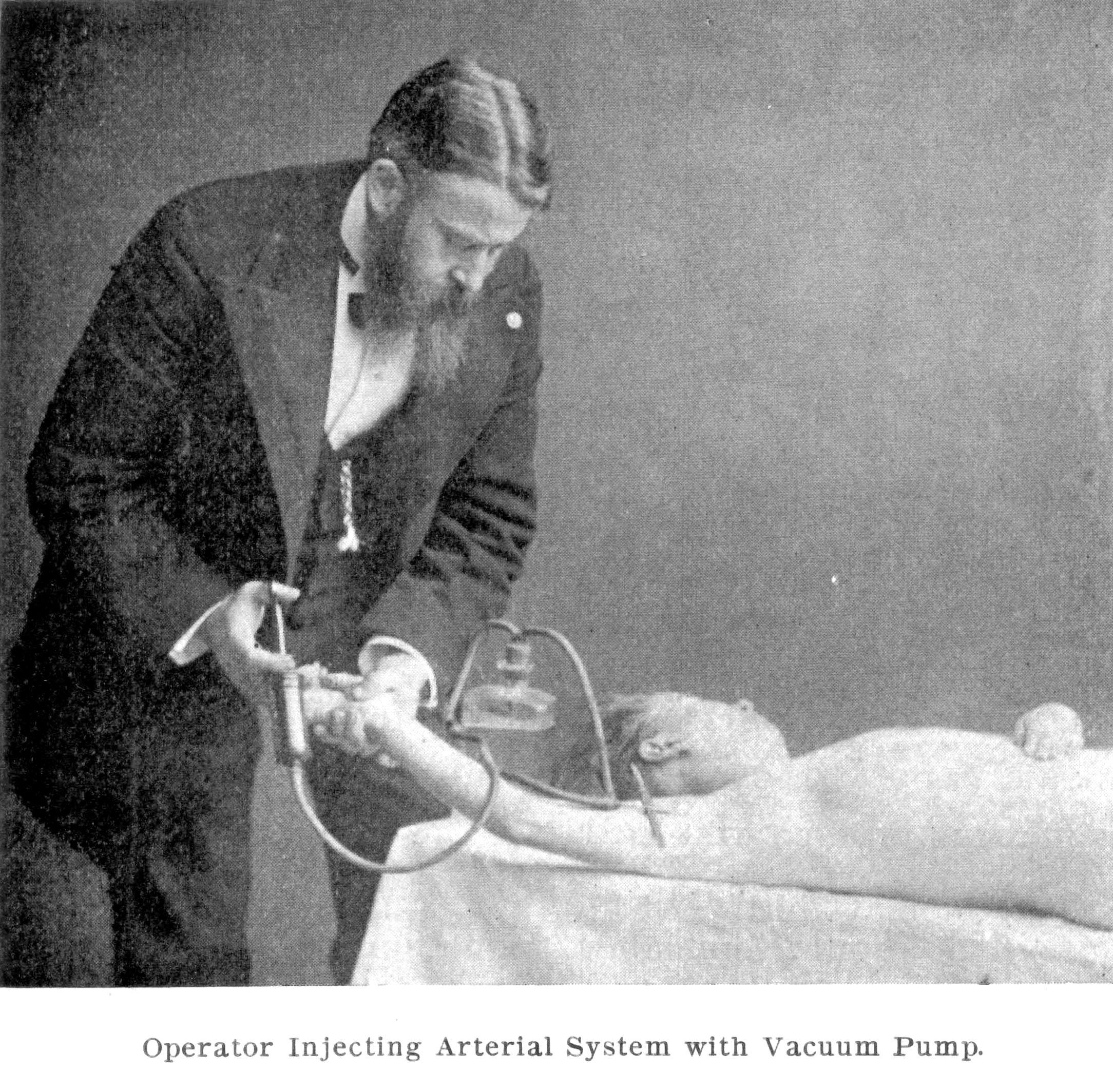
The Survivor Library
One the Media, WNYC Public Radio (2014 and 2015)
WNYC’s radio show On The Media is a constant source of solid information for the Death Reference Desk.
OTM has run the following story a few times and it’s worth listening to.
In a nutshell, a group of volunteers are creating something called the Survivor Library in the event a massive solar event ever takes down the electrical grid.
OTM explains:
In 1859, a solar storm threw an electromagnetic pulse at Earth so strong, it fried the telegraph system. A whole lot more is on the line now. Bob speaks with Rocky Rawlins of the Survivor Library about his preparations for getting zapped back to a time before computers and an electric grid.
In the interview, Rocky Rawlins explains that one of the industrial era technologies that the Survivor Library documents is 19th century embalming.
Death Ref can only hope that somehow everything we’ve done also contributes to the post-grid world!
Check out the library. In the dark. Alone.
Survivor Library, or…How to survive and prosper without Modern Technology
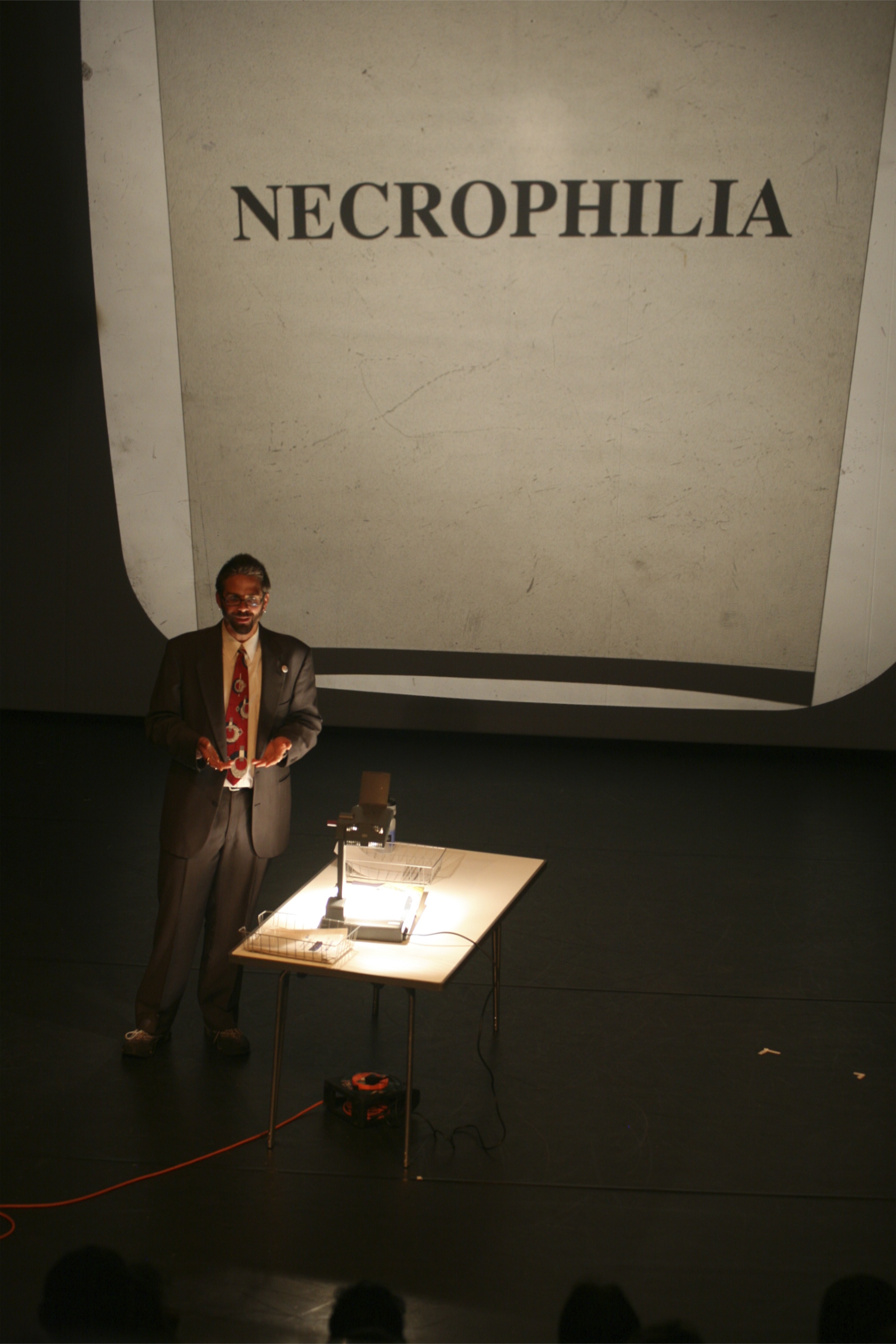
Abusing the Corpse Even More: Understanding Necrophilia Laws in the USA — Now with more Necro! And more Philia!
An Illustrated Lecture by Dr. John Troyer
Thursday, April 09, 2015
8:00 pm – 10:00 pm $8
Morbid Anatomy Museum
424A 3rd Ave
Brooklyn, NY 11215
Wisconsin (and Ohio…) are two states that just keep giving and giving when it comes to American necrophilia cases.
On April 09, Death Ref John is returning to the Morbid Anatomy Museum to give an updated talk on the current state of US necrophilia jurisprudence.
Abusing the Corpse Even More: Understanding Necrophilia Laws in the USA — Now with more Necro! And more Philia!
An Illustrated Lecture by Dr. John Troyer
It will be very exciting! We promise!
You can also click here to see April’s calendar on the Morbid Anatomy Museum website.
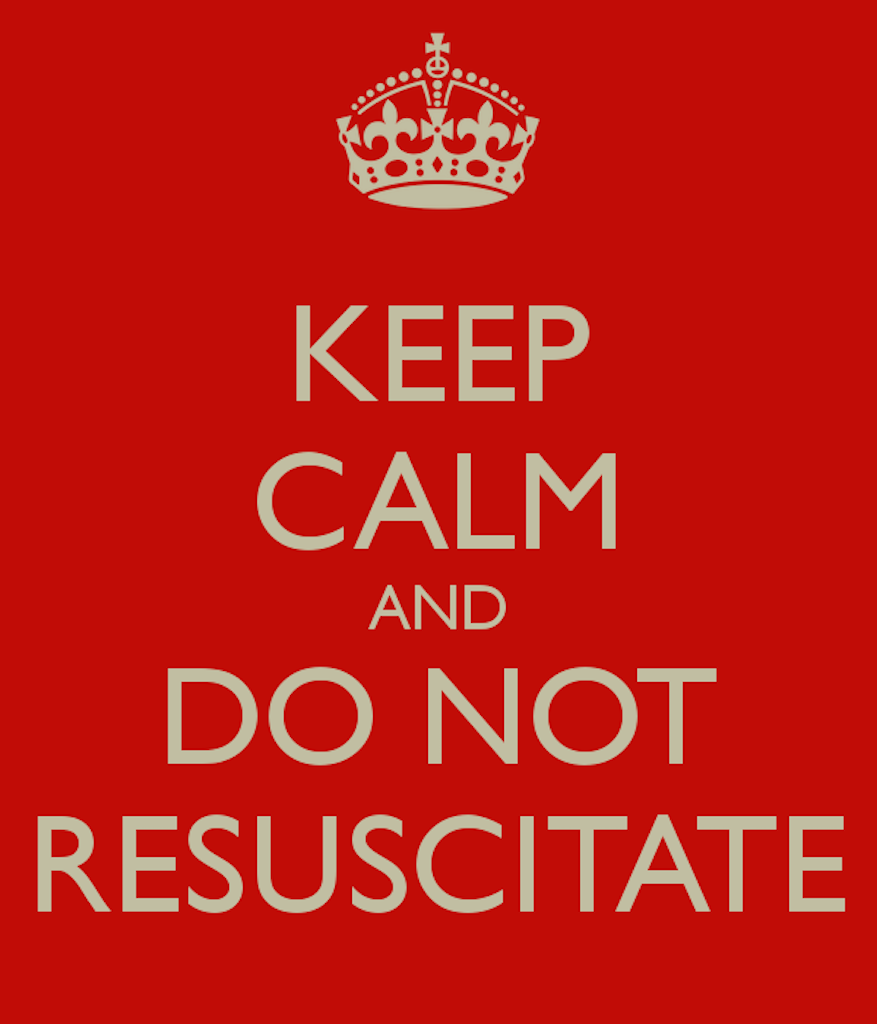
Dying Shouldn’t Be So Brutal
Ira Byock, New York Times (January 31, 2015)
Where is the public outrage over needless suffering at the end of life?
The New York Times has launched a new death and dying focused section for its Opinionator series called The End. No need to guess what The End will be about. All the news that fits to print now features:
…essays by people who work in fields dealing with death and dying, like medicine, ethics and religion, as well as personal essays by those who have experienced the death of a loved one.
It appears that the above essay by Ira Byock is The End’s first post and it’s really good. I’m hopeful that other essays for this series also tackle the politics of dying with such honesty.
Meg (Death Ref’s formatting guru and enforcer) reprimands me every time I quote long(ish) text from articles but I couldn’t resist this time. Here is a great section from Byock’s essay:
It’s high time we boomers shook off our post-menopausal and “low T” malaise and reclaimed our mojo. Remember Howard Beale, the fictional news anchor brilliantly portrayed by Peter Finch in the 1976 film “Network”? Fed up with the inequities of modern life, one night Beale exhorts viewers to go to their windows and yell, “I’m as mad as hell and I’m not going to take this anymore!” We’ll figure out the details later, he says; right now it’s time to yell. And, across the country, they do.
The persistently unsafe state of dying in America should provoke a Howard Beale moment. We’ll find solutions in various white papers and Institute of Medicine reports. First, we need outrage.
Byock also references the 1970’s hospice movement in his essay and I’m glad to see that. So much knowledge and awareness about 1970’s Death Movements has been forgotten and needs to be re-discovered. It was a moment in which choosing how to die became both personal and political.
Who knew that the Gray Lady recognised the need for something like The End. The Opinionator’s editors seem to respect and understand another of Byock’s crucial points from the essay: DYING is not easy, but it needn’t be this hard.
The Death Reference Desk will most certainly keep an eye on The End.
